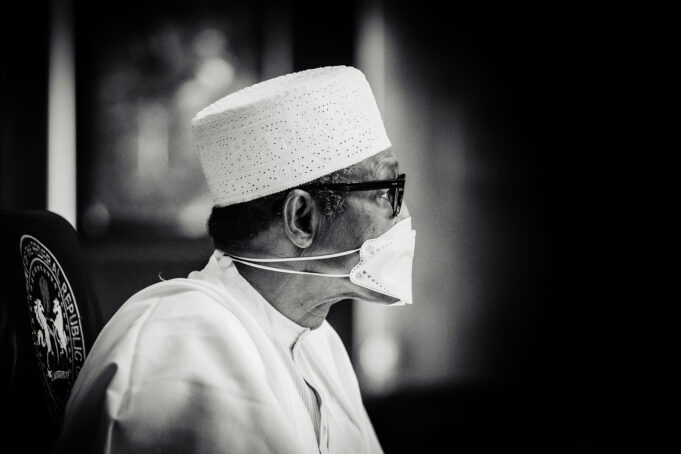The Federal Government (FG) has allocated less than one-third of its debt servicing funds to education in the last seven years.
An analysis of 2016-2022 allocations showed that the Federal Government spent N13.17trn between 2016 and March 2022 in servicing both local and foreign debts.
However, the FG budgeted N4.4trn for education within the same timeframe of 2016-2022.
Information from the Debt Management Office indicated that from 2016 to March 2022 the government spent N10.77trn servicing local debts while N2.40tn ($7.84bn) was expended on servicing external debts.
The amount spent on external debt servicing was converted to naira at the CBN’s exchange rate for the year. For instance, the naira-dollar average exchange rate for 2016 was N197 and N305 in 2017 respectively. It was N305 in 2018 and N360 in 2019. It closed at N380 and N420 in 2020 and 2021 respectively.
In 2016, a total of N1.23trn was spent to service domestic debts while N369.60bn was budgeted for education.
READ ALSO: DMO: Nigeria’s public debt may rise by 27%
In 2017, domestic debt servicing gulped N1.48trn while the budget for education was N550bn.
While education was given N605.8bn in 2018, local debt servicing rose to N1.8trn.
The cost of domestic debt servicing came down a bit in 2019 to N1.69trn with N620.50bn budgeted for education.
The document showed that in 2020, debt servicing rose again to N1.85tn with education getting N671.7bn. By 2021, domestic debt servicing rose to N2.05tn with education gulping N742.52bn.
For the foreign debt service, $353.09m was spent in 2016, $464.05m in 2017, and jumped up to $1.47bn in 2018.
By 2019, Nigeria spent $1.33bn on external debt servicing. In 2020 external debt servicing gulped $1.56bn. By 2021, it became $2.11bn.
Between January and March 2022, Nigeria spent N668.69bn on domestic debt servicing, while spending $548.79m on external debt servicing. Education got N923.79bn.
The analysis further showed that in the seven years of President Buhari, the highest allocation was in 2017 when a total percentage of 7.38 was allocated to education.
Even the 2017 allocation was far below the recommendation of the United Nations Educational, Scientific and Cultural Organisation (UNESCO) which recommended a benchmark of four to six percent of Gross Domestic Product or 15 to 20 percent of a country’s budget for education.
- Tinubu: APC correcting PDP’s mess in 16 years’ regime - September 5, 2022
- Oil marketers embark on strike in northern states over N70bn claims - September 5, 2022
- FG files fresh charges against Abba Kyari, Ubua, seizes properties - September 5, 2022










